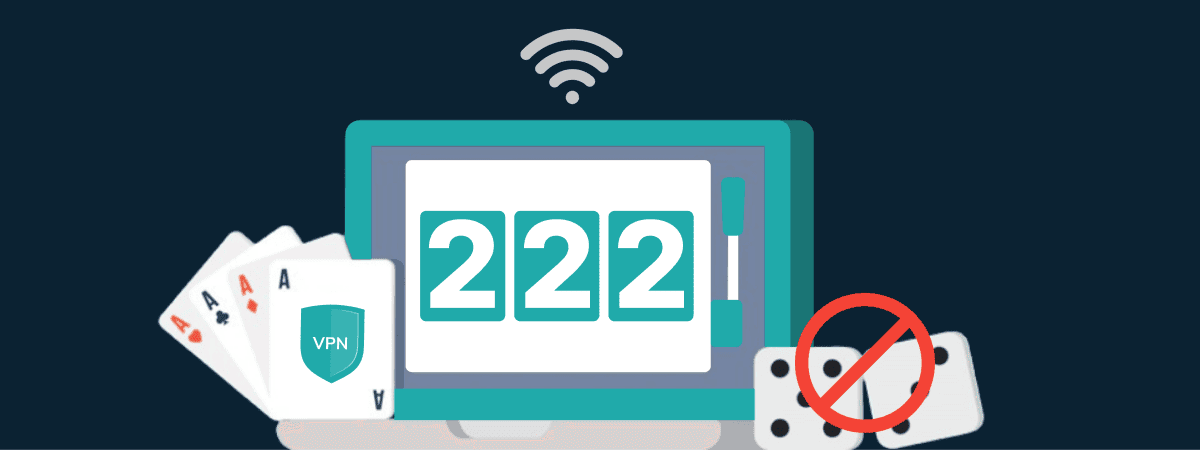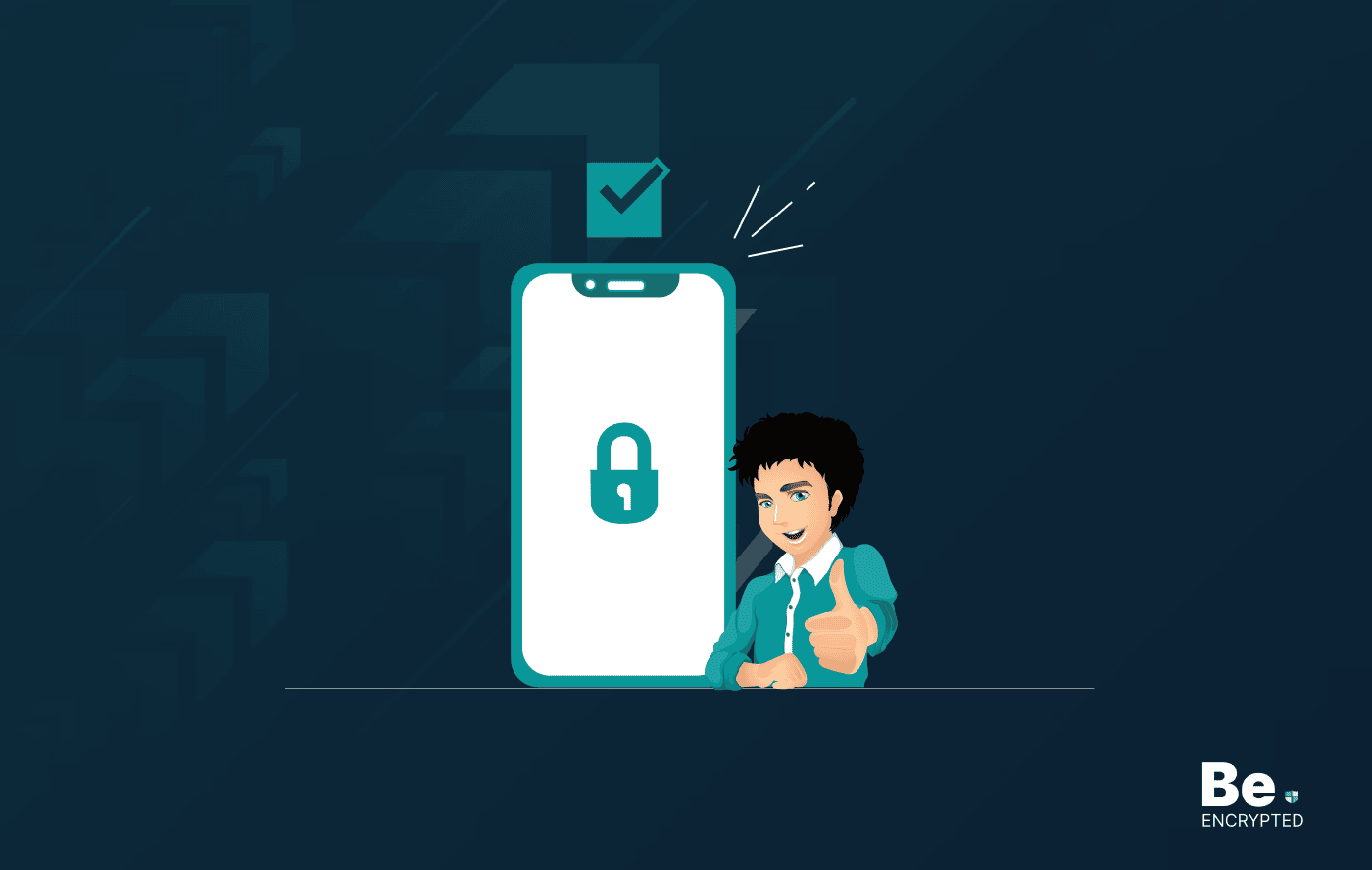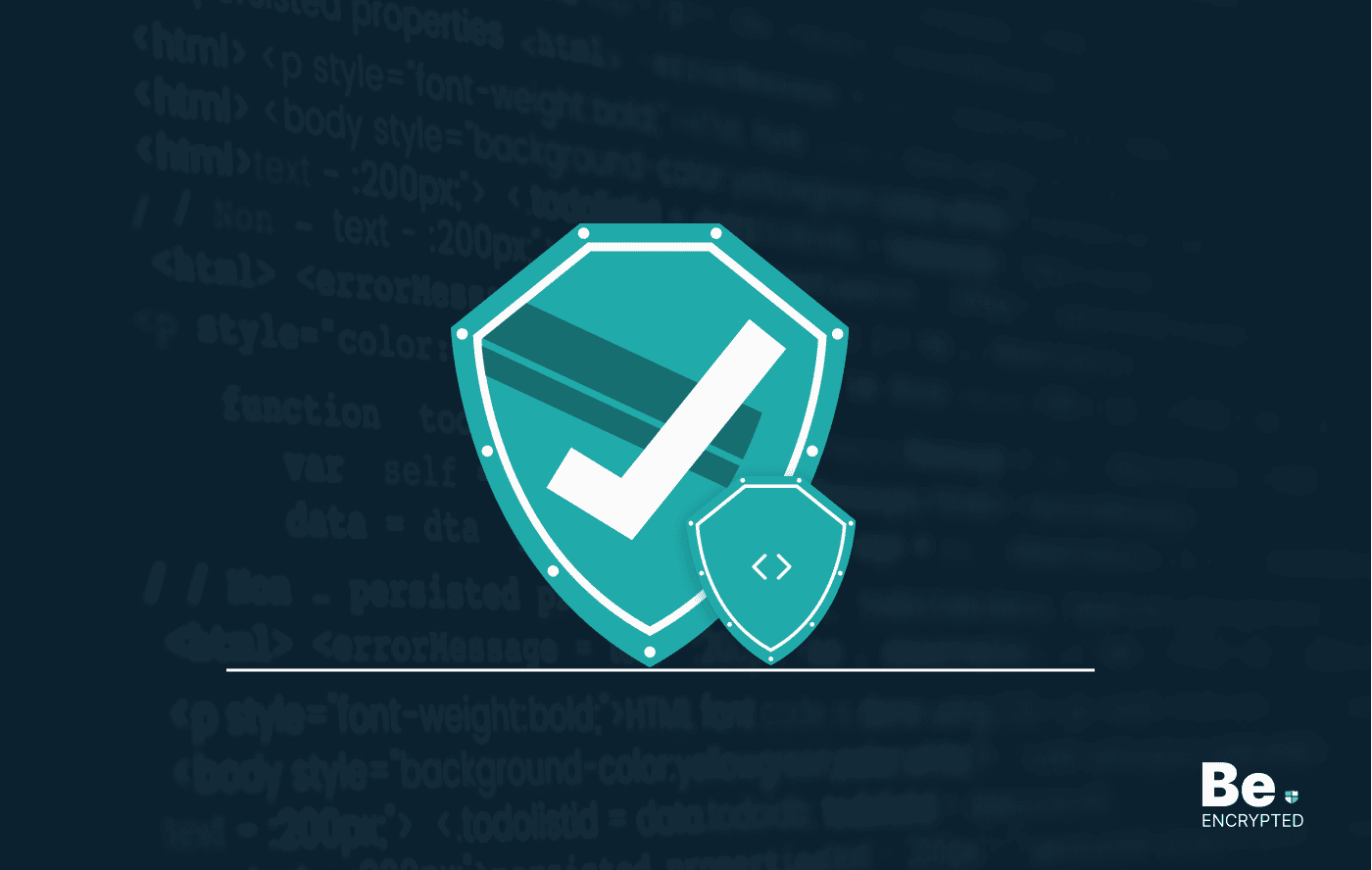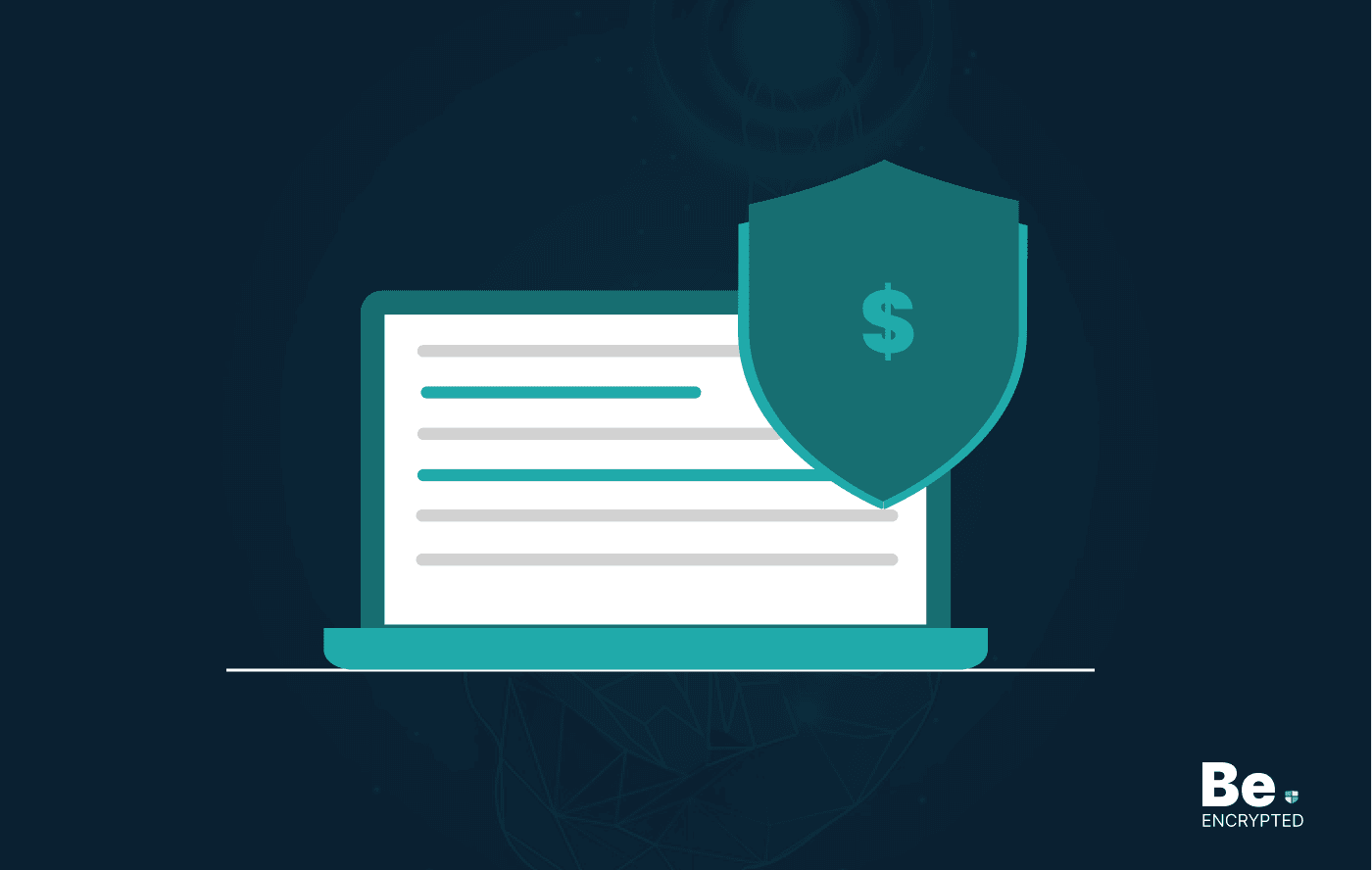Cyber threats are increasing daily. Many enterprises face cyberattacks every year. This reduces the chances of small businesses and start-ups to grow, as they don’t have enough capital to bear these losses. Therefore, they should use the following strategies to mitigate the risk of cyber crime:
With the increasing number of businesses, there is always room for confidential storage or management. This is where the threat quotient arises because small businesses need security to safeguard their private and highly personal data from hackers and malicious activities. Therefore, they prefer to put their data on cloud services with more complex configurations and security practices.
On the other hand, the headlines for security breaches have become quite common these days: big tycoons like Yahoo, Home Depot, and Target have faced cyber attacks. So, cyber threats for smaller companies and start-ups have become a mandate here. They are at high risk if they go weak online on the security parameters.
Why are small businesses vulnerable to cyber attacks?
The reason is the lack of required systems and resources quintessential for small-sized bossiness. These start-ups need high-end security measures to defend against cyber-attacks and stop hackers from penetrating their systems. Additionally, cybercriminals are ever more effective, and their hacking techniques are budding rapidly; thus, one must be superlatively cautious and alert.
Let’s take a case study for better learning: According to cyber security and technology strategist Elena Kvochko, over 80% of small businesses in the USA use cloud services (reasons can be many). This makes these start-ups more susceptible to cyber-attacks.
So what are the concerns? The major ones are customer information, confidential property hacking, and extortion of information that can be attacked and used for financial gain. In the face of these cyber threats, companies should espouse and implement the highest-standard security policies to diminish their weaknesses.
To prevent and counter-act the cyber threat of a crippling hit, it’s significant that small businesses should take anticipatory measures to make their systems and servers cyber-strong. By embracing the practices mentioned below for cyber-security, your business will be saved from financial thrash, brand smash-up, and many other problems accumulated from a cyber-attack.
Strategies to protect small businesses from cyberattacks
Below are the 4 best security strategies based on our research that small businesses can use to counter terrible cyber attacks:
1. Create or develop a robust cyber-security culture
Small businesses need only get serious about cyber attacks. Sometimes, we take it very lightly and assume that everything is under control, but unfortunately, it isn’t most of the time. Accept the cultural mind shift and choose cyber security as a priority.
Experts say that to start preventing cyber attacks, you should start from home. Start training your employees, teach them, and make them aware of the pitfalls and dangers of cyber threats and the harm they can cause to their business. Tell them all the security measures and procedures they can use at the time of risk and their sensitive data on the verge of phishing.
Create a robust internal security system and an internal policy where employees are secure and ready with counter systems against threats and cyber attacks. Use a strong password, change it regularly, and stay updated on the latest scams and cyber laws. All these will help create an internal cyber system to counter all the attacks your business might face.
2. Secure your emails
Validate your threats by making them super strong and shielded. You must manage your email security alerts and notifications to validate potential hazards. After all, it’s your business; it should be leakproof. Look for options to deter break-ins that may come from theft; thus, encrypting all the company’s emails and communications will help here. Use an SSL certificate for enhanced security and better communications between the server and the browser.
The advantage of an SSL certificate is that it will enforce a green padlock on the address bar of the URL, showing a secure lock sign, which will help defend against attacks. Email encryption is like locking a door with additional validation and putting different locks. While you’re not entirely secure, every other roadblock can assist you in defending your information. So, experts say that the hacker will bother looking for an unlocked door rather than breaking a window.
3. Use anti-malware and firewall software programs
It’s a compulsory update for any system or business to be protected via proper and authenticated malware and firewall software programs. Companies that use and regularly renew these are likely to face cyber threats. This is because this installed software helps catch and eliminate the dangers before they become tricky.
Protecting your business from cyber threats is possible with the help of security systems, anti-malware software, networks, and apps, encrypting all private and sensitive data, and protecting websites using SSL certificates.
4. Get on the cloud services
Cloud services for storage and handling application needs are essential. The only factor small businesses face is that they can be expensive, and there is also a cost for managing and maintaining server farms. If you can afford it, buy it from reputable service providers.
Share this article
About the Author
Rebecca James is an IT consultant with forward thinking approach toward developing IT infrastructures of SMEs. She writes to engage with individuals and raise awareness of digital security, privacy, and better IT infrastructure.
More from Rebecca JamesRelated Posts

How to Avoid Gambling Restrictions in 2024
KEY TAKEAWAYS Gambling is prohibited in multiple countries as it is addictive, and many people go ba...

20 Best Penetration Testing Tools For Security Professionals
KEY TAKEAWAYS If you’re in a hurry, then have a look at the list of 20 best penetration testin...

The Role of Developer Security in Software Development
KEY TAKEAWAYS The revolution of DevOps has reduced the SLDC and resulted in the creation of many sof...

How To Detect Hidden Cameras And Listening Devices? A Complete Guide
Many people feel like someone is watching them or listening to their conversations. They may be righ...

What is Virtual Firewall and How it Helps Us in 2024?
Scientists and technicians are trying to invent the latest technology protection to create barriers ...

10 Ways to Prevent Ransomware Attacks
KEY TAKEAWAYS Ransomware attacks are growing frequently and affecting every sector of the business i...


